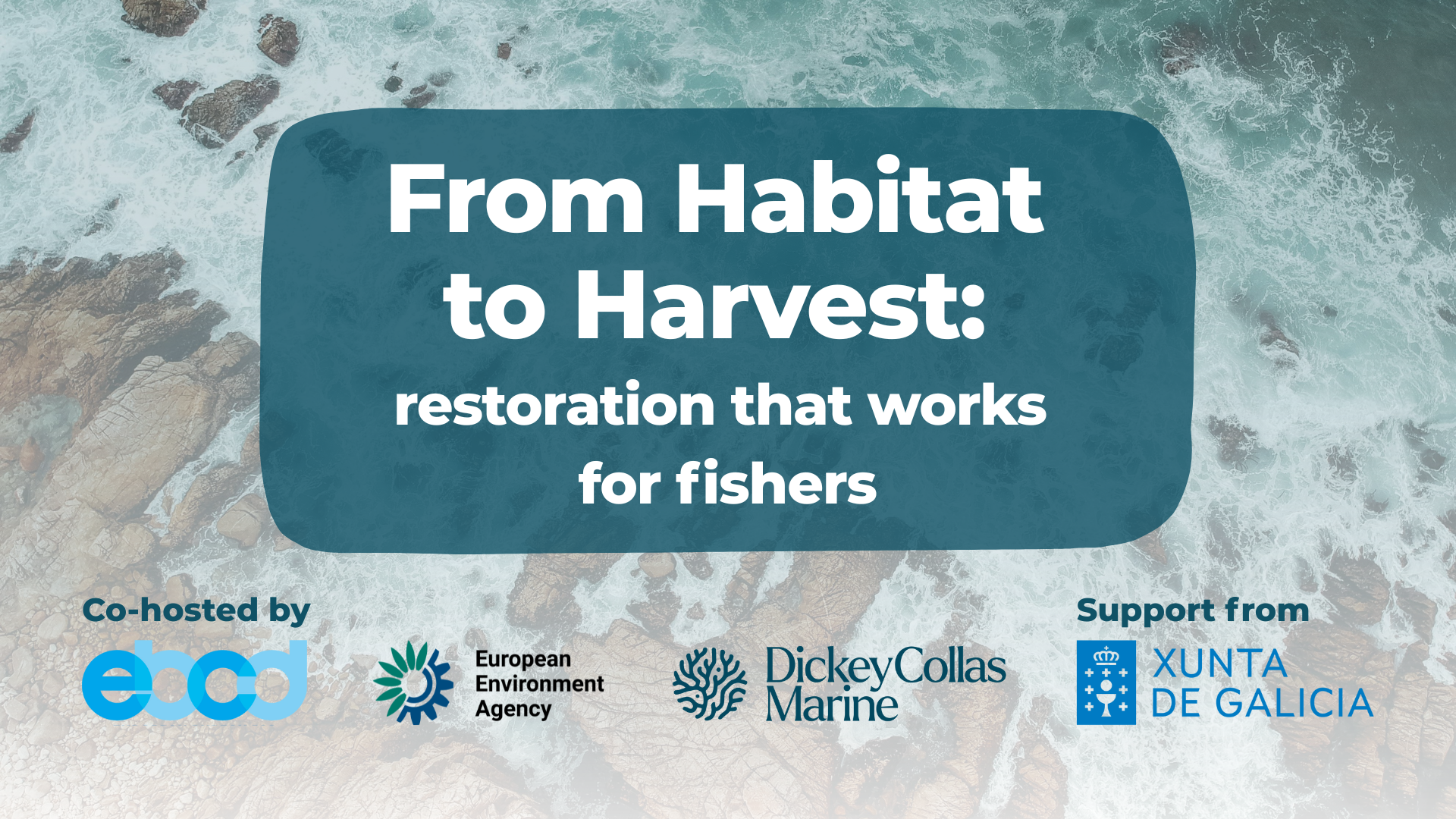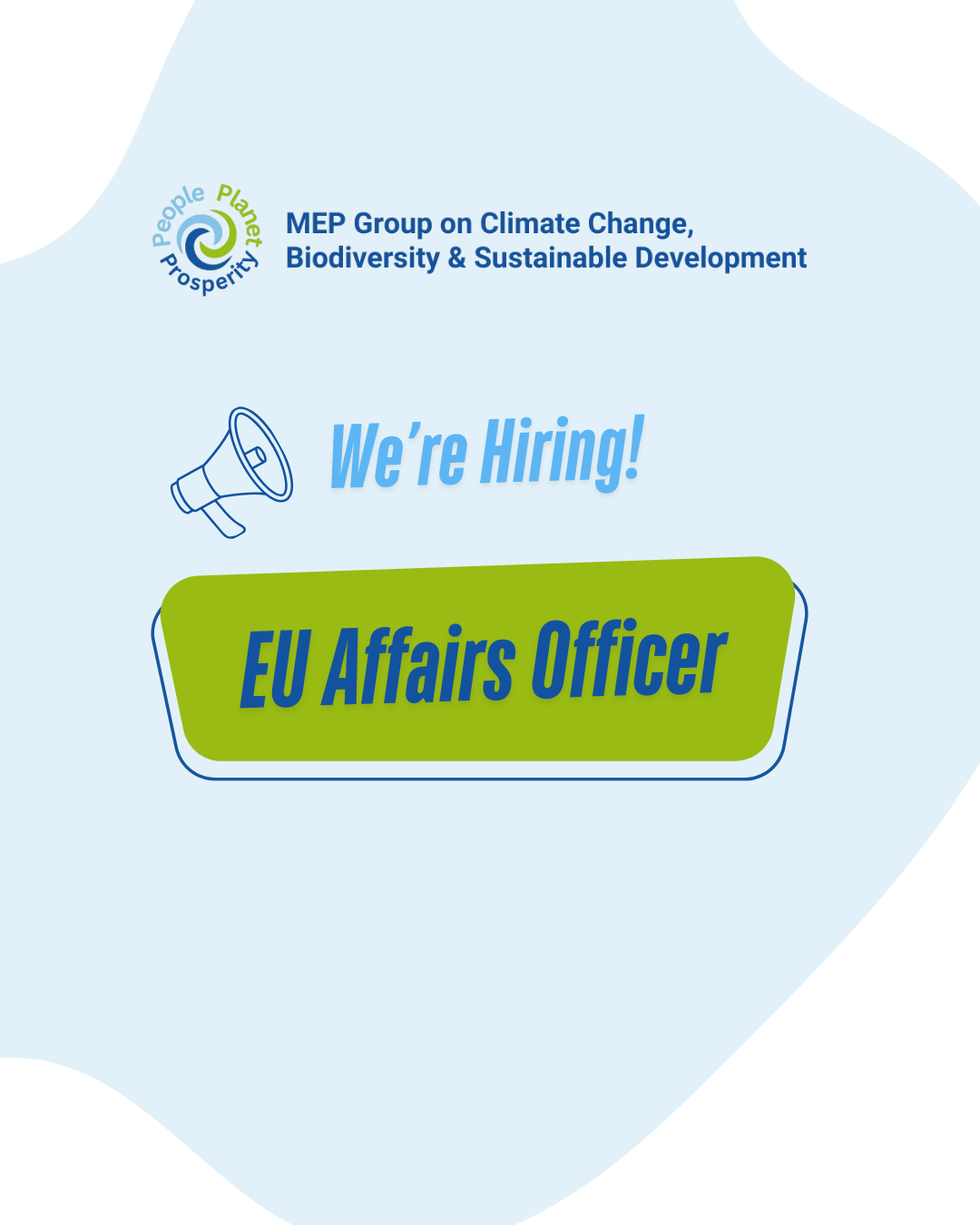As the European Commission evaluates the Common Fisheries Policy (CFP) including through a public consultation, EBCD is actively contributing to the conversation. EBCD’s comprehensive position paper outlines the essential steps to ensure the CFP evolves to meet the pressing challenges of sustainability, innovation, and resilience in Europe’s fisheries and aquaculture sectors.
Why a Modernised CFP ?
The pressures on marine ecosystems and the sectors that depend on them are growing. From climate change to shifting geopolitical dynamics, the CFP needs to evolve. EBCD believes that the CFP should integrate environmental, social, and economic goals equally, creating a dynamic system where all three pillars of sustainability work together. The future of the CFP should be built on modernisation – fostering innovation, boosting resilience, and ensuring a sustainable food system for future generations.

Key Recommendations for the Future of the CFP
- Ecosystem-Based Management & Adaptive Policies: EBCD advocates for an ecosystem-based approach that considers dominant cumulative pressures on marine environments, including land-based activities, species interactions, climate change and socio-economic aspects. Policies should evolve with the latest scientific research to keep marine ecosystems and the sectors resilient.
- Balancing the Three Pillars of Sustainability: The CFP must treat environmental, social, and economic sustainability equally. By involving local communities and stakeholders in decision-making, the policy can support healthy oceans while promoting prosperous livelihoods.
- Ensuring Food Security: Aquatic products are critical for global food security. EBCD urges the CFP to recognise fisheries and aquaculture as vital for both food security and for reaching climate goals, ensuring a sustainable, low-carbon protein source for a growing global population.
- Enhanced Stakeholder Engagement & Regional Focus: Empowering local actors and promoting regionalisation will create policies that are better suited to local challenges. The involvement of all stakeholders ensures more effective and widely supported decision-making. EBCD strongly supports the Advisory Councils as they contribute to shaping inclusive decision making based on cooperation and compromises.
- A Unified Aquaculture Policy: The lack of a coherent EU aquaculture policy is holding back the sector’s development. EBCD calls for a European approach that will drive innovation, enhance production, and help reducing dependency on external markets.
- Innovation and Decarbonisation: The CFP must encourage the adoption of sustainable technologies to reduce carbon emissions and enhance operational efficiency. Supporting innovation will help the sector meet Europe’s climate and biodiversity targets as well as creating the appropriate conditions for generational renewal of the sectors.
- Strengthening International Governance: Given that marine ecosystems cross borders, international cooperation is key. EBCD calls for the EU to play a stronger role in global governance, addressing issues like illegal, unreported, and unregulated (IUU) fishing. This would foster a level playing field for the EU fisheries and aquaculture sectors that are implementing high standards.
- Policy Coherence: For the CFP to work effectively, it must align with other EU policies and initiatives, including those on competitiveness, innovation, climate, trade, and biodiversity. This ensures a unified approach to sustainability and resilience across all sectors.
Conclusion
The future of the CFP is pivotal for ensuring the sustainability of Europe’s fisheries and aquaculture. By adopting these recommendations, EBCD believes the policy can support innovation, promote sustainability, and secure a resilient food system for all. EBCD is committed to contributing to a forward-thinking, effective CFP that will benefit both the environment and society.




